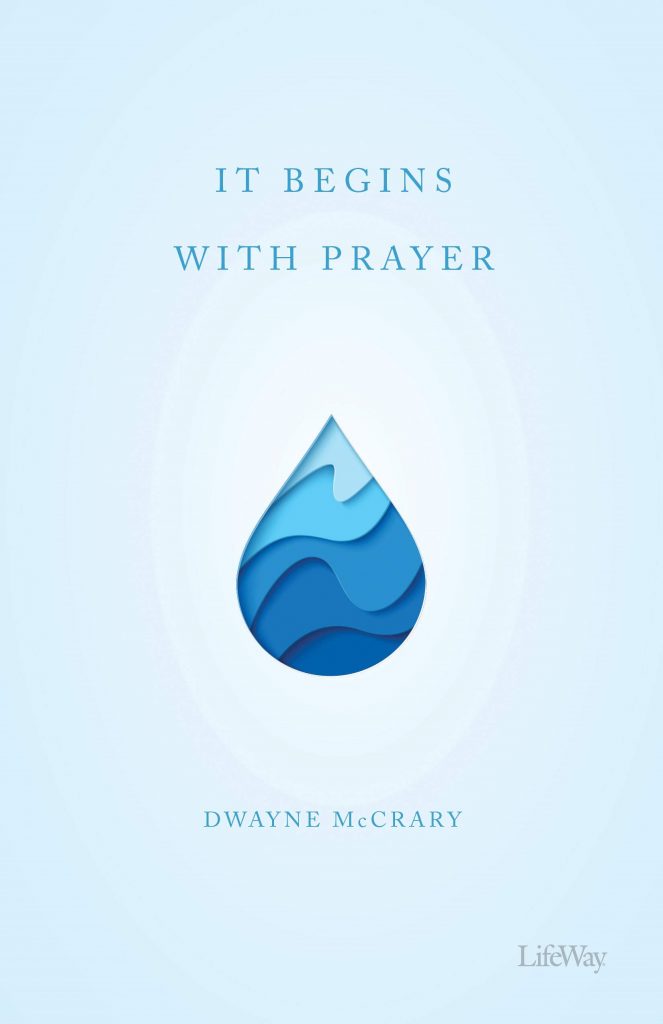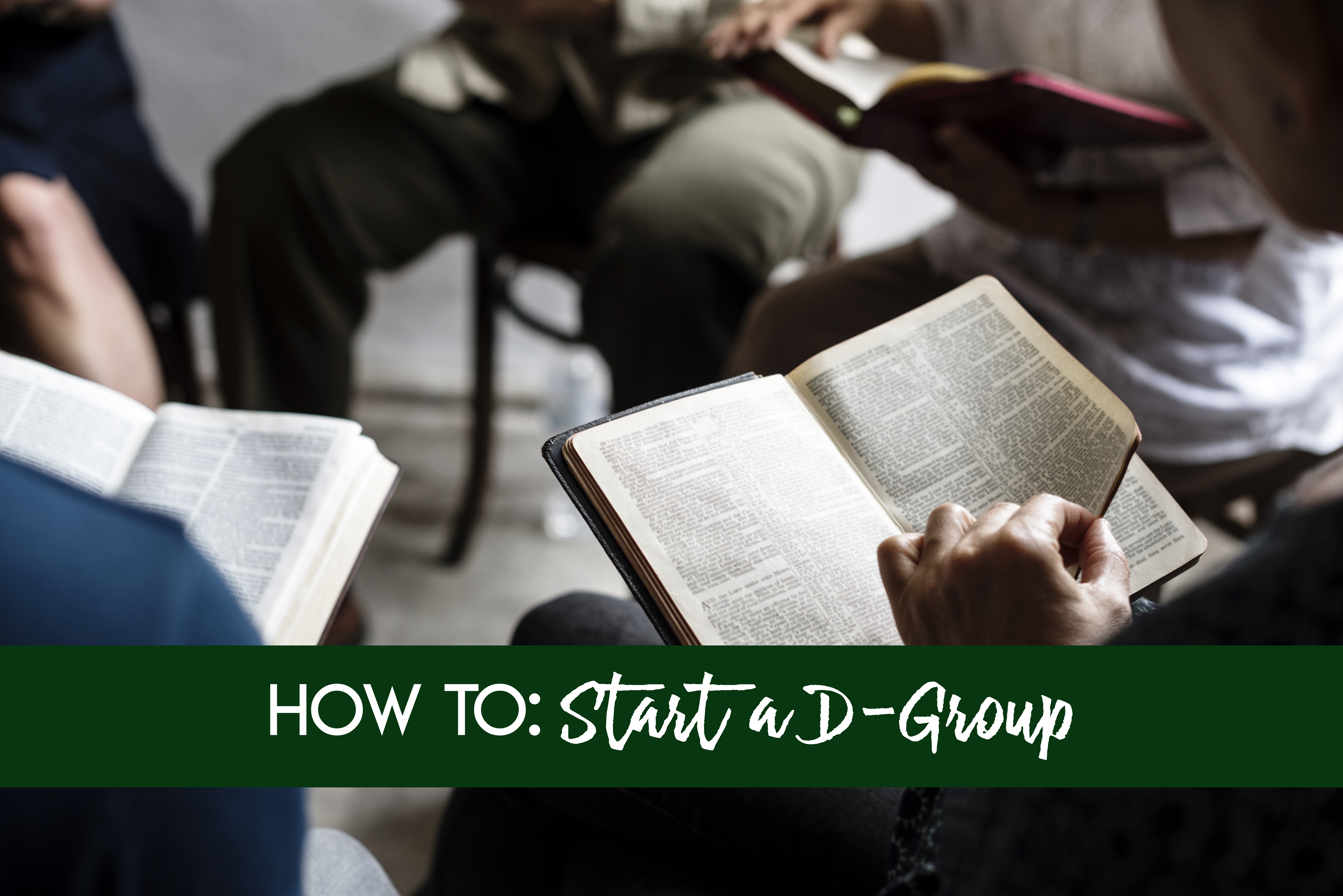It Begins with Prayer Why the call to prayer is important today

If you had to define the basics of ongoing Bible study groups (most commonly called Sunday School), what would you include? Obviously, Bible study would be included, but what else? The past few weeks of social distancing, “safer at home” initiatives, and groups of less than 10 may have revealed those basics. We are not so worried about who will bring the donuts as we are focused on sharing our experiences, encouraging and being encouraged by other believers, and praying for neighbors who are more open to a wave and a conversation (even if it is shouting across the street). We are praying for lost neighbors, building community through prayer with each other, and serving each other through prayer all while doing some type of Bible study together…even if that is not at the same time or in the same way.
Leaders may be encouraging some of these actions, but these actions are coming from within the group as well. The things the group is asking for tell us what they value and why they are a part of an ongoing Bible study in the first place. Getting to the basics is not a bad thing. In fact, it should be welcomed because it brings attention to the more important things.
In It Begins with Prayer, we find a call to pray daily for lost people by name, to build community through intentional prayer partnerships, and to make disciples through serving with prayer as the starting point. While prayer is the unifying element, each supports the reaching, teaching, and serving work of an ongoing Bible study group. All of these actions can still take place in a “shelter in place” world, pointing to the necessity of each.
These actions will be just as important in the days ahead. Nothing keeps us from praying for lost people, praying with another believer, or serving others through prayer…nothing. Shouldn’t that tell us something about what the future of our ongoing Bible study groups might look like?
The ideas in It Begins with Prayer came from the notes of Arthur Flake, a leader in Sunday School development. Writing in 1920, he faced a time of unprecedented change. World War I ended in 1918. The Spanish flu pandemic ended in 1919, killing 3 to 6 percent of the world population (estimates vary). Flake proposed a simple plan for reaching people for Bible study. That plan was built around prayer. Could it be that God is preparing us to learn from the past? I’m not a prophet, but I do know that prayer changes things, and it may be time for us to rediscover that basic truth.
——
Dwayne McCrary – team leader of adult ongoing Bible study resources at LifeWay Christian Resources, husband, father, GDaddy, Bible study teacher to both empty nesters and 3 year olds, adjunct professor (MBTS), reader of history books, and road bicyclist. Copies of It Begins with Prayer can be purchased or downloaded (PDF and audio) at LifeWay.com/TrainingResources.
